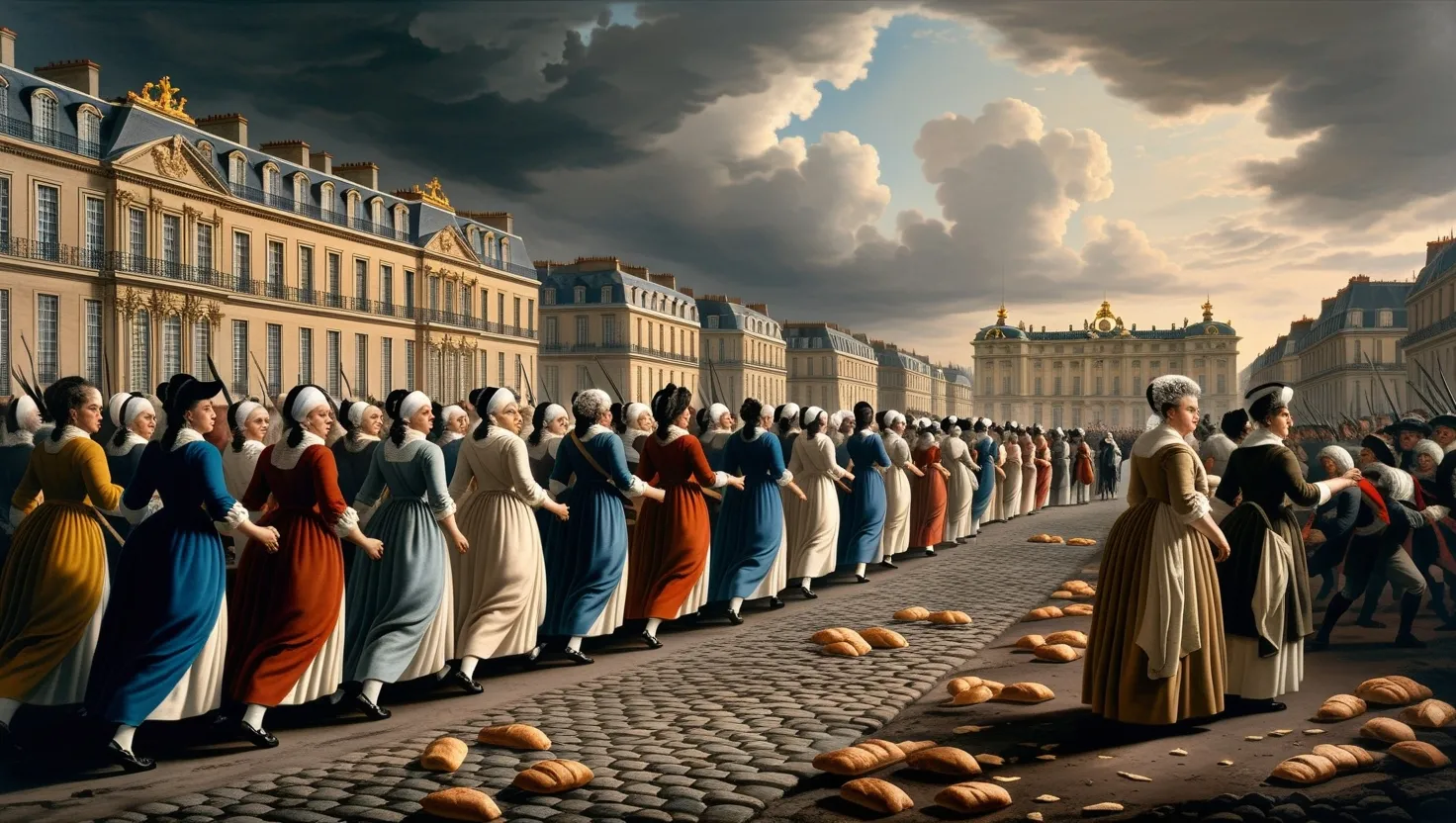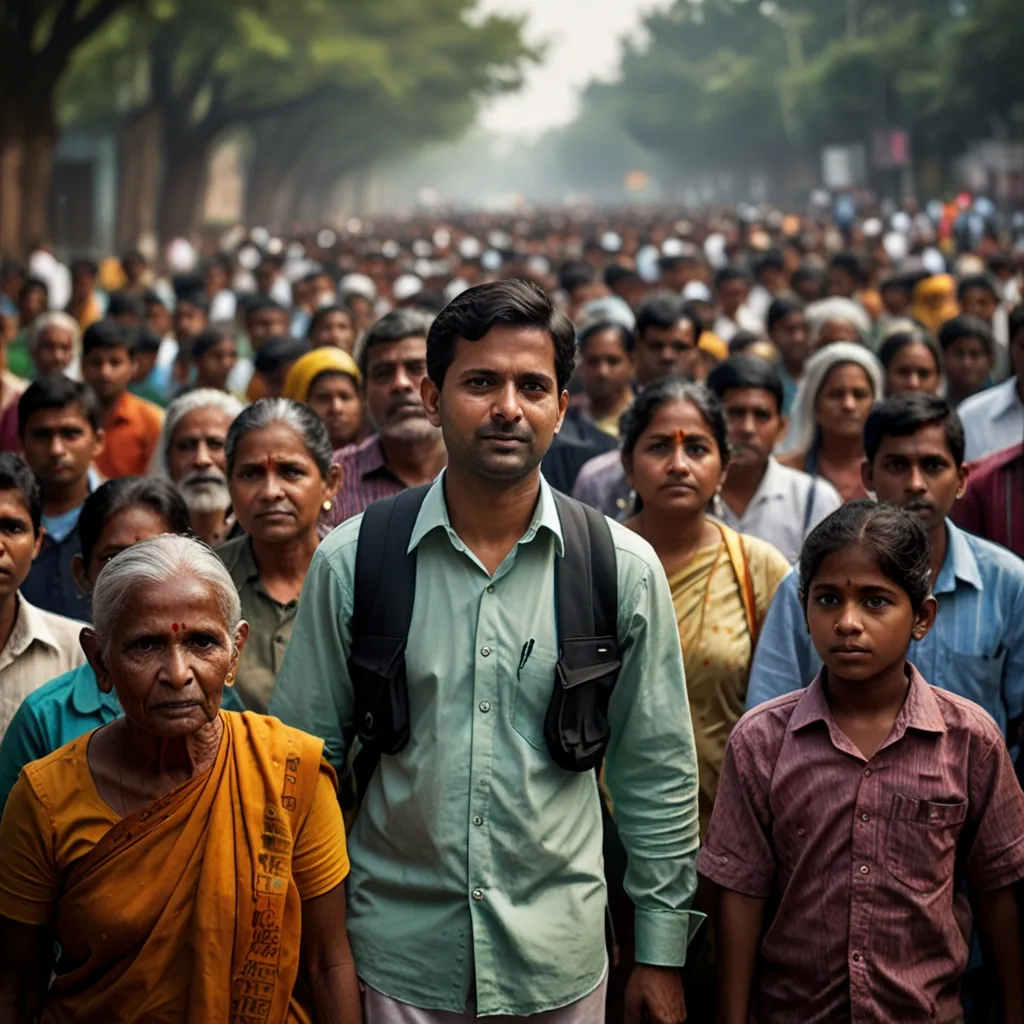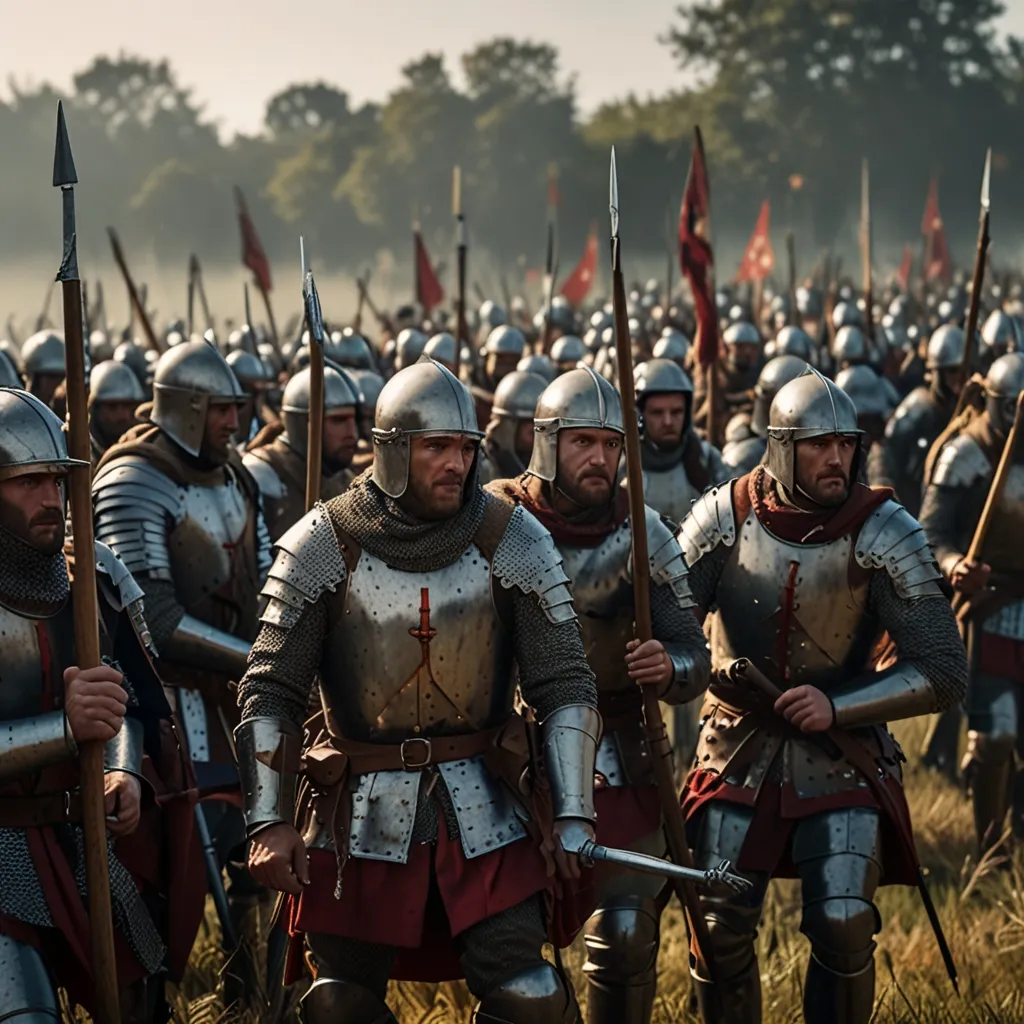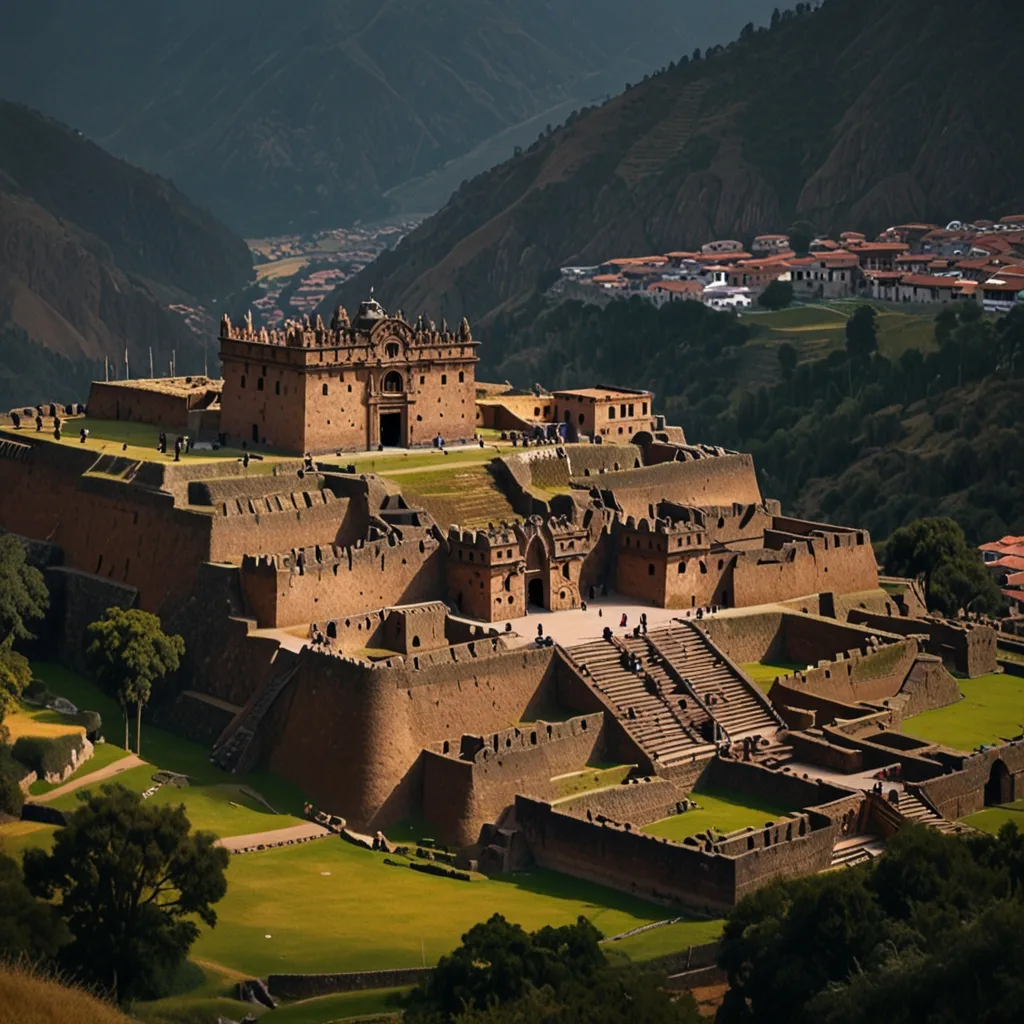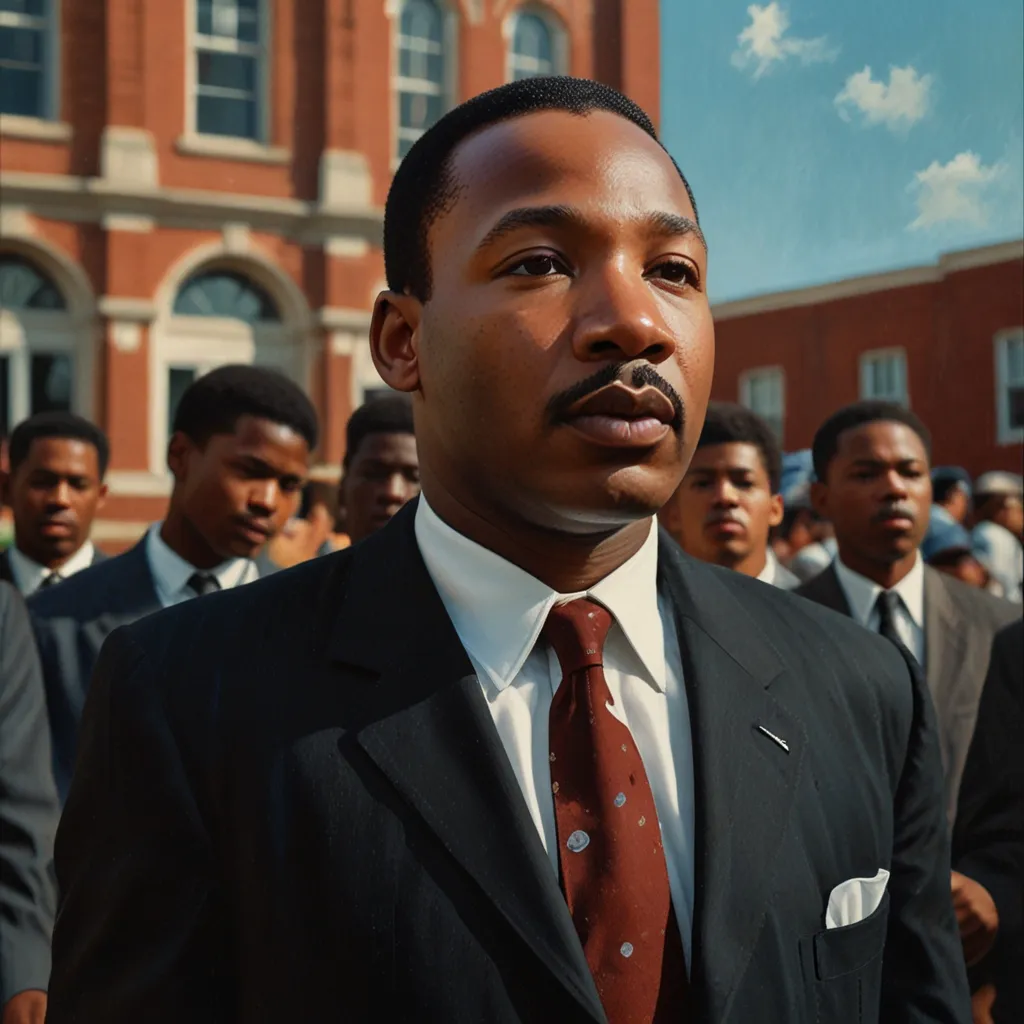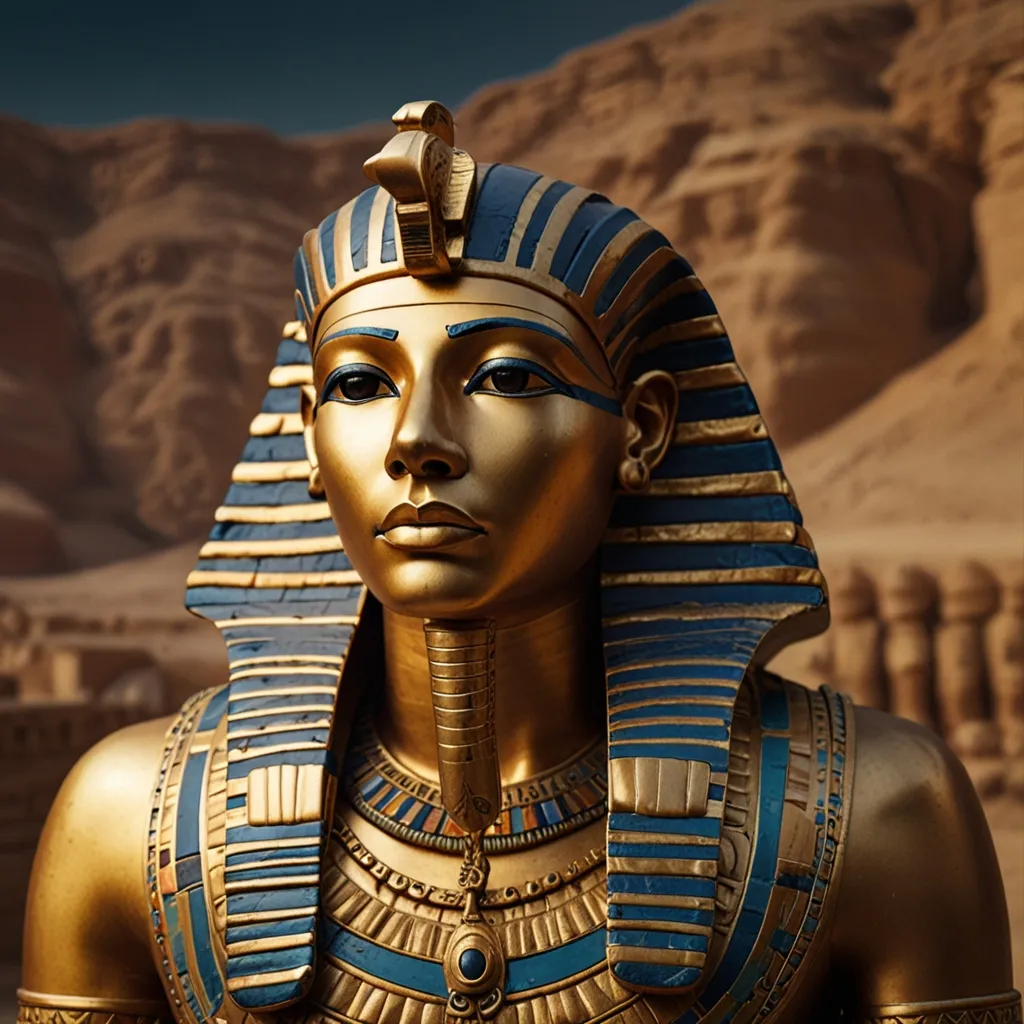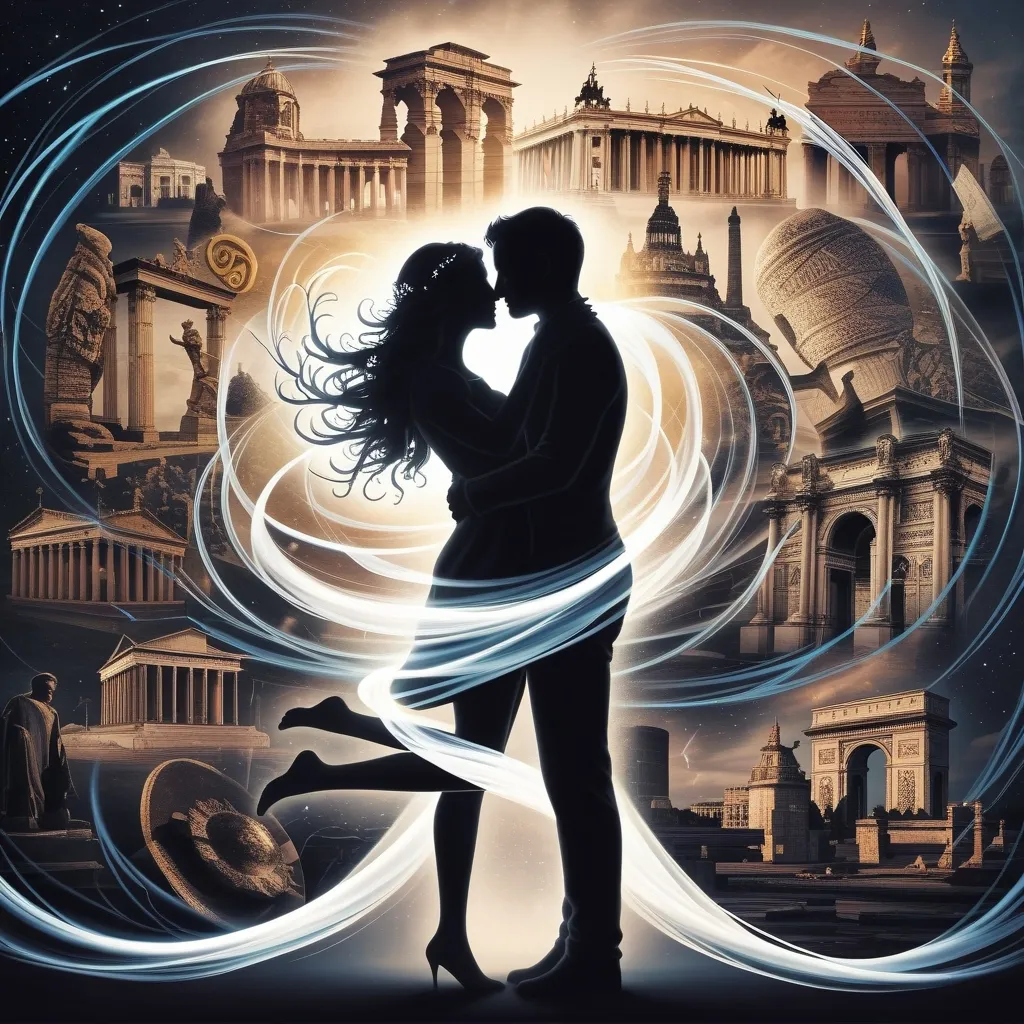If you ask me for the five moments from the French Revolution that shaped modern politics, I’d say we’re not just talking about grand battles or kingly decrees. We’re stepping into living experiments, each with its own twist—sometimes heroic, sometimes troubling, always deeply influential. Imagine standing in the streets of Paris during October 1789, mixing with a crowd of furious market women, smelling the desperation driven by bread scarcity. The Women’s March to Versailles wasn’t just a protest—it was a seismic demonstration of people-power. Ordinary citizens, mostly women, walked over twelve miles to confront the king and demand his return to Paris. If you picture that moment, you see it wasn’t only a demand for food; it was a bold statement that collective action can change the trajectory of a nation. What would you do if you saw the very fabric of society being tested this way? The waves that those women sent through history haven’t yet calmed.
“Liberty, equality, fraternity.” These words echo from the Revolution, but during the march, liberty was bread, equality was a voice for the voiceless, and fraternity was shared hardship. We can trace strategies used by those women all the way to modern civil rights marches and labor demonstrations. It’s fascinating that public pressure, which sometimes overrides government inertia today, found its early template in Versailles. Have you ever been part of a movement that felt bigger than yourself—one that forced those in power to listen?
Let’s shift our gaze to one of the Revolution’s darkest symbols—the guillotine. Invented not for cruelty but for equality, it was supposed to offer an end free of the humiliations once reserved for the lower orders. Dr. Joseph-Ignace Guillotin imagined the apparatus as a rational, standardized way of ending life. There’s a strange logic here: if justice is blind, then so should be punishment. Of course, ideals rarely escape the grip of reality. During the Reign of Terror, the guillotine became infamous not just as a device but as a mechanism for state violence. The line between fair punishment and political slaughter blurred entirely. The lesson here isn’t just about the evolving idea of justice; it’s about how even hopes for fairness can be twisted into instruments of fear. That duality is still present. Can we design systems meant for good that resist misuse? Or does every tool risk being wielded for less noble ends?
“The executioner is, perhaps, the one who most deeply contemplates the meaning of equality at the moment of death.” This unflinching truth reminds us: revolutions often ask us to rethink not just who gets power—but who gets compassion.
If you peer into the machinery behind the Revolution’s infamous Reign of Terror, you’ll find the Law of Suspects. This decree, so vaguely worded, allowed authorities to detain “enemies of the revolution” just for their attitudes or associations. Imagine living in a world where suspicion is enough for arrest. It’s chilling because it’s not entirely unfamiliar—think of societies today that weaponize the law against dissenters or minorities. As we ponder this legal framework, we see the birth of something modern: the weaponization of bureaucracy for ideological goals. This wasn’t just violence; it was violence dressed up as paperwork. How do we draw the line between necessary security and dangerous paranoia? The French Revolution forged a model that still shapes how states can turn law into a tool for self-preservation, sometimes at the expense of citizens.
“Those who can make you believe absurdities can make you commit atrocities.” Voltaire’s warning lives on every time justice is sacrificed for political zeal.
Warfare changed forever with the levée en masse. Before 1793, armies were made up of professionals and mercenaries; after, they were built from the citizenry itself. Responding to foreign threats, leaders declared that every able-bodied man owed service to the nation—voluntary or not. This created the first national army based on patriotic duty. Suddenly, citizenship was tied to defense, and the people became not just subjects but soldiers. This transformation echoes in compulsory military service policies around the globe. It begs the question: Is national defense just about borders, or does it hinge on shared responsibility? When the Revolution drafted its entire population, the military became a mirror to society itself—reflecting its strengths, anxieties, and sometimes divisions.
“In war, events of importance are the result of trivial causes.” Napoleon’s reflection reminds us that mass mobilization does more than fill ranks—it shapes destinies and binds people to projects that redefine their futures.
Just when you think you grasp the breadth of change, the revolutionary calendar reminds you that even time was up for grabs. By resetting the year to mark the founding of the republic and stripping away saints’ days, revolutionaries tried to forge a secular rhythm for daily life. Suddenly, festivals honored abstract virtues and nature rather than religious tradition. This ambition shows the Revolution’s reach—beyond politics, beyond economics, into the fabric of ordinary existence. Could you imagine a world where the days you mark on your calendar reflect ideas—not inherited rituals? For a brief period, the rhythm of life itself crowned reason over faith, seeking to shape a new consciousness. This experiment didn’t last, but it exposed how power wants not only to govern bodies but also to govern minds—even minutes.
“History does not repeat itself, but it rhymes.” Mark Twain’s insight lands here: every attempt to reshape the ordinary hum of life reverberates forward, informing later cultural revolutions and ambitious social engineering.
What links these moments together isn’t just radical innovation—it’s the way they all exposed the strengths and pitfalls of forging a new society. The French Revolution felt like a dress rehearsal for questions we still ask. Can mass action truly create a fairer order, or does power always find ways to resist and reorganize? When we attempt equality, do we risk sacrificing mercy? How do we ensure that rights, once granted, don’t become weapons? Should belonging to a nation require sacrifice—and who gets to decide the form that takes? Even the impulse to reimagine time shows that revolutions are rarely content with half-measures.
It’s easy to see the Revolution as just a precursor to future movements, but I think it’s clearer now that these moments were uniquely modern. The laboratory didn’t just test ideas; it seeded global movements. From women’s suffrage to civil rights, from bureaucratic surveillance to national conscription, from secular reform to cultural innovation—threads spin out from Paris into today’s headlines.
Are there lessons we ignore at our peril? The French Revolution warns about the costs of speed, the dangers of unchecked zeal, and the fragility of freedom under pressure. But it also offers a portrait of what’s possible when ordinary people, not just elites, choose to be part of history’s engine. The modern age owes some of its fiercest arguments and bravest ambitions to moments when the world was remade—not by decree, but by experiment.
What experiments are we secretly running today, perhaps without realizing their future impact? Sometimes, history itself asks us: what would you risk to help build something new, even in the face of uncertainty? The answer may be as revolutionary as the questions themselves.
